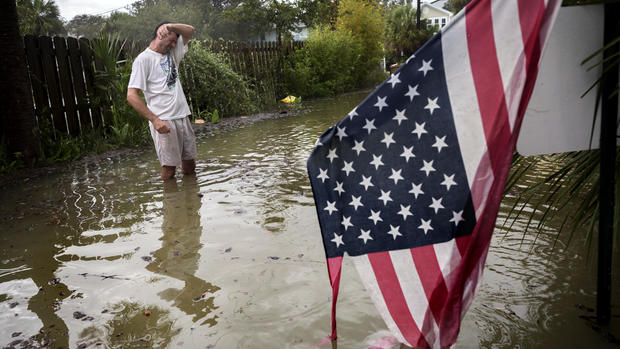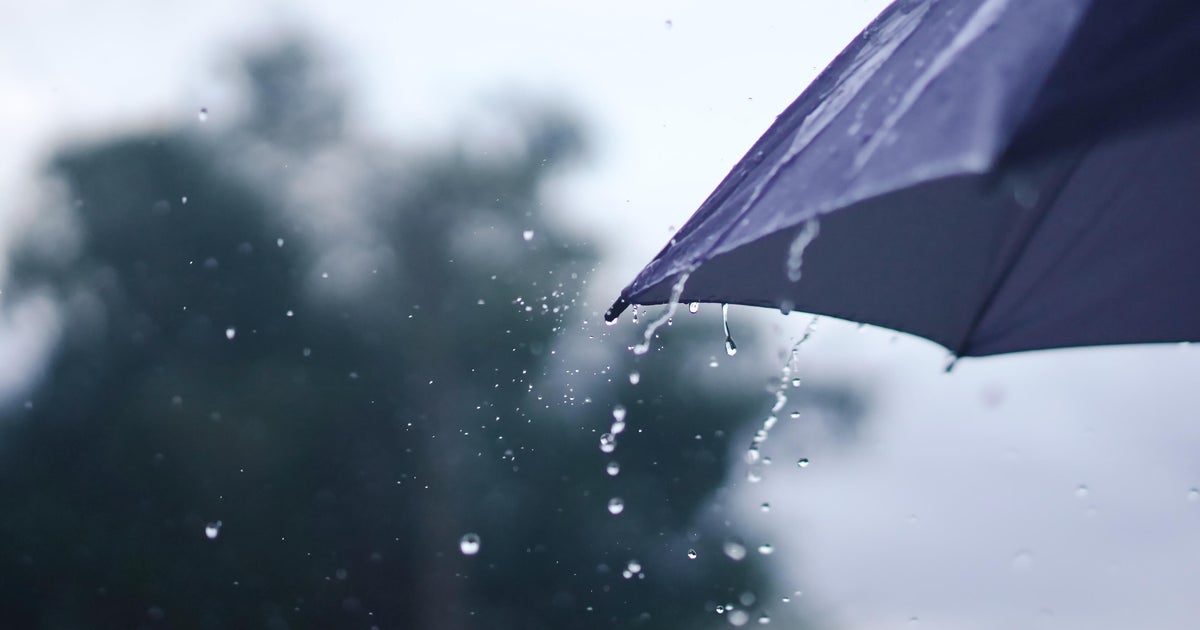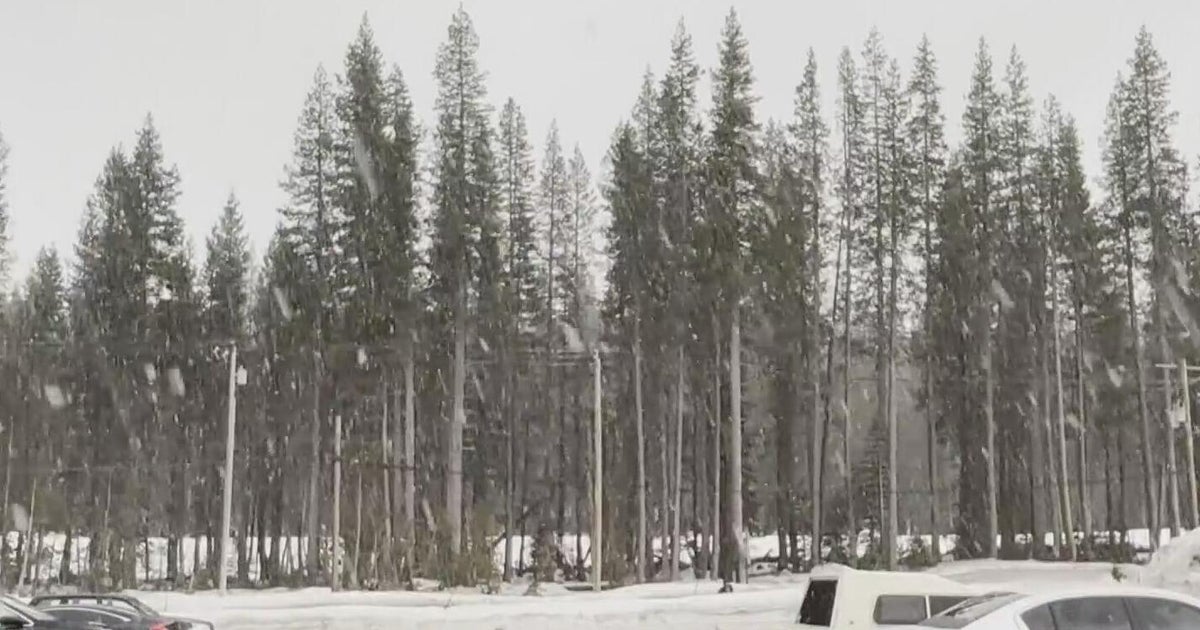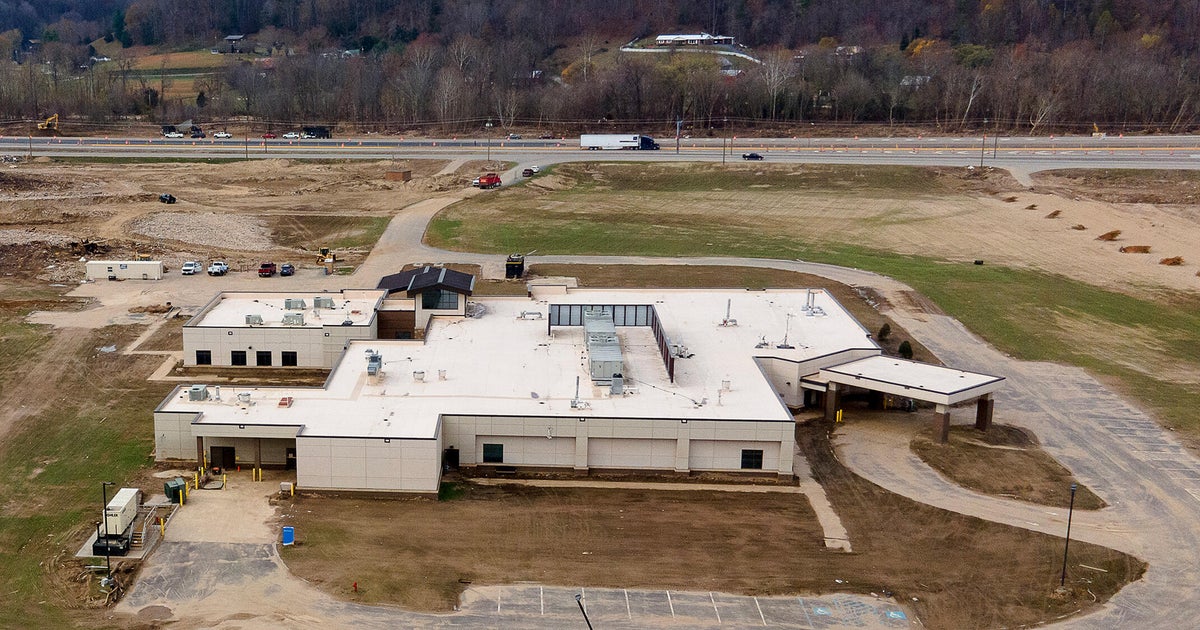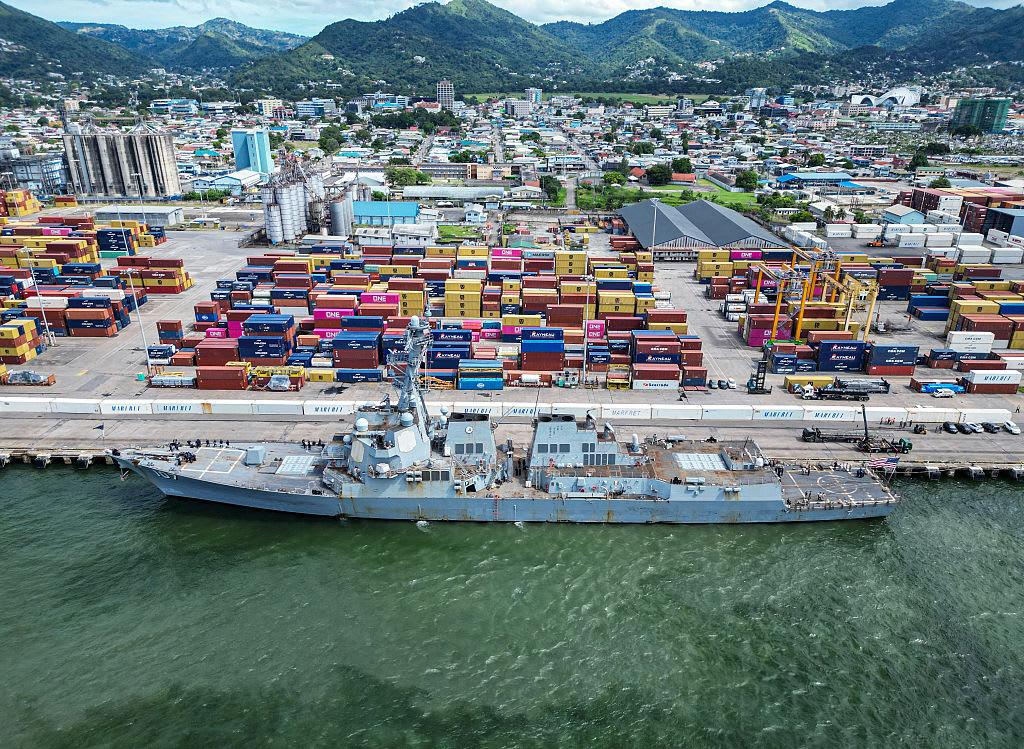Irma: What's next for the tropical storm?
MIAMI -- Irma spread misery around the Southeast on Monday, triggering coastal flooding in parts of Georgia and South Carolina while dumping heavy rains around the region. Meanwhile, authorities have sent an aircraft carrier and other Navy ships to Florida to assist in search-and-rescue operations amid reports of devastation in the Keys, which felt Irma's full fury when it blew ashore Sunday as a Category 4 hurricane.
What's next?
Recovery operations are beginning around Florida and beyond even as the weakening storm system continues to dump heavy rains around the South in states including Georgia, South Carolina, North Carolina, Alabama and Tennessee. The hurricane, once a fearsome Category 5 when it smashed into Caribbean islands last week, had top sustained winds of 50 mph late Monday afternoon.
Its eye finally spun out of Florida on Monday and was moving inland, first over south Georgia as the storm system gradually weakened. Meanwhile, heavy equipment was seen moving to clear road debris in Florida as chain saws whirred and cleanup crews fanned out.
The damage
Irma wreaked havoc in the Florida Keys and along the entire length of the Florida peninsula. It flooded streets and coastal areas, swamped homes, uprooted massive trees, cast boats ashore, snapped power lines and toppled construction cranes. In a parting shot at Florida, Irma triggered severe street flooding Monday in the state's northeast city of Jacksonville and the central city of Orlando.
Rains and storm surge also flooded coastal areas in Georgia and South Carolina. Florida Gov. Rick Scott flew over the hard-hit but isolated Keys on Monday and said he saw "devastation" that included boats washed ashore and mobile homes pummeled by the storm. "It's horrible, what we saw," Scott said. All around the region, more than 7 million homes and businesses lost power at one point from Irma's passage, the brunt of the outages occurring in Florida.
Death toll
Two deaths in Georgia have been blamed on Irma as of Monday afternoon.
Five people died across Florida, but county officials have not yet determined whether their deaths were a direct result of the storm.
At least 36 people were left dead in the storm's wake across the Caribbean.
What's happening in the Florida Keys?
Florida Gov. Rick Scott says the Navy has deployed the USS Iwo Jima, USS New York and the aircraft carrier Abraham Lincoln to help with search and rescue amid reports of devastation in the hurricane-battered Keys. Scott flew over the Keys and says he saw a lot of flood damage and boats that had washed ashore.
He says he hopes everyone who stayed behind survived Irma. Almost every mobile home park in the Keys had overturned homes, according to the governor. The National Guard also has arrived in the island chain amid official fears that a humanitarian crisis may be developing in the stricken region.
White House Homeland Security Adviser Tom Bossert said in a Monday press briefing that residents would not be able to re-enter the Keys for weeks.
CBS Miami reporter David Sutta had difficulty describing the devastation across the Keys on Monday. "Best word I could say is war zone," he said on Twitter. "People are walking to find family and friends. No one knows." Sutta tweeted images across the string of islands that depicted destroyed mobile homes and wreckage from the storm.
Flight cancellations
Big airports in Florida remain closed, and flight cancellations are spreading along the track of Tropical Storm Irma outside Florida. More than 4,200 U.S. flights scheduled for Monday were canceled by mid-afternoon -- and more than 9,000 since Saturday -- according to tracking service FlightAware.
Delta Air Lines scrapped some 900 flights Monday, including many at its Atlanta hub. American Airlines said it won't resume flights in Miami, where it has a huge base, until Tuesday. Airports up and down Florida remained closed Monday.
Still, Irma did not cause as much damage in Florida as some forecasters had feared. Terminal buildings at Miami International Airport suffered significant water damage, and ceiling tiles at gate areas fell down throughout the airport, according to authorities.
School closings
Scott ordered all schools in the state closed Monday, and CBS Miami reports schools in Miami-Dade and Broward County remain closed indefinitely. The schools first need to do a damage assessment and safety inspection, as well as cleanup after some schools acted as evacuation shelters. Schools and businesses were closed across Alabama as Irma moved inland. Many classrooms also were closed in Georgia as it was under a tropical storm warning much of Monday. Hotels across Alabama also filled up with evacuees from Florida.
When will theme parks reopen?
Several of the Orlando, Florida, theme parks that are popular with tourists around the world have plans to reopen now that Hurricane Irma has moved out of the state. The Walt Disney Co. said its Disney World theme parks and Disney Springs will reopen Tuesday with regular hours. Its two water parks, however, will not reopen until later in the week. Universal Orlando said Monday that all three of its parks will reopen at 9 a.m. Tuesday. SeaWorld and Busch Gardens Tampa Bay said Monday that they are assessing damage and would announce their reopening plans later. Sea World also said all of its animals are safe.
Social media to the rescue
Worried relatives, generous volunteers and frantic neighbors turned to social media after Hurricane Irma wiped out electricity and cell service to many communities around Florida, cutting off most contact with remote islands in the Keys. Facebook groups were forming Monday to help from afar.
Residents who evacuated from the Keys shared school closure notices, videos of destruction, and many posts from friends and relatives searching for loved ones. "We all sort of scattered around the country when we evacuated, so we're trying to stay in touch," said Suzanne Trottier, who left her Key West, Florida, home for Virginia almost a week ago ahead of Irma.
